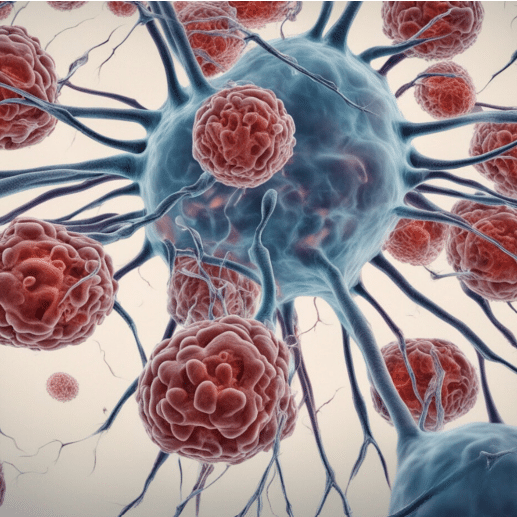Revolutionizing Parkinson’s Treatment In a significant step towards using stem cells for medical advancements, a biotech company has reported positive results from a trial involving lab-made neurons implanted into the brains of 12 individuals with Parkinson’s disease. This pioneering experiment not only demonstrates the safety of the approach but also suggests potential symptom reduction for some participants.
These implanted cells have the crucial task of producing dopamine, a neurotransmitter that is lacking in individuals with Parkinson’s disease. The shortage of dopamine is responsible for the debilitating symptoms associated with the condition, such as movement difficulties.
Claire Henchcliffe, a leading neurologist from the University of California, Irvine, who is
part of the research team, explains that the goal is for these implanted cells to form
connections with other cells in a way that resembles natural communication. The remarkable aspect is that these cells can be introduced into the brain to establish functional connections.
This study marks a significant milestone in the field of embryonic stem-cell technology,
which involves using stem cells from in vitro fertilization embryos to generate replacement
tissues and organs. The trial, funded by BlueRock Therapeutics, a subsidiary of Bayer, aimed primarily to ensure the safety of the procedure. The lab-created neurons were produced using potent stem cells derived from human embryos created through in vitro fertilization.
Recently presented data from the International Congress for Parkinson’s Disease and
Movement Disorder in Copenhagen reveal promising signs that the implanted cells survived
and potentially alleviate symptoms even a year after the treatment. Brain scans indicated an increase in dopamine-producing cells in the participants’ brains, along with a reduction in the time they felt incapacitated by their symptoms.
However, experts have cautioned about interpreting the results, as some effects might be
linked to the placebo response rather than the treatment itself. While there is encouragement that the trial didn’t raise safety concerns and showed some potential benefits, more evidence is needed to confirm the survival and effectiveness of the transplanted cells.
The concept of replacing dopamine-producing cells to treat Parkinson’s dates back to the
1980s, when researchers attempted it using neurons from fetuses obtained after abortions.
These efforts yielded mixed results, with some patients experiencing benefits but others
facing severe side effects. The use of embryonic stem cells offers a more controlled and
standardized approach, enabling the production of large quantities of dopamine-making cells.
Parkinson’s disease involves the loss of dopamine-producing cells, leading to a shortage of
dopamine in the brain. This shortage contributes to symptoms like tremors, rigid limbs, and
reduced movement. While current treatments like levodopa and deep brain stimulators can
help manage symptoms, they are not curative and lose effectiveness over time.
The potential of cell therapy lies in its ability to replace damaged brain networks with new
neurons, offering the prospect of restoring brain function. BlueRock’s CEO, Seth Ettenberg,
highlights the aim of regenerative medicine: not only to delay the disease but also to rebuild brain functionality. As further research is planned to validate and expand upon these findings, the hope remains that this innovative approach could transform the lives of individuals living with Parkinson’s disease.
Revolutionizing Parkinson’s Treatment



